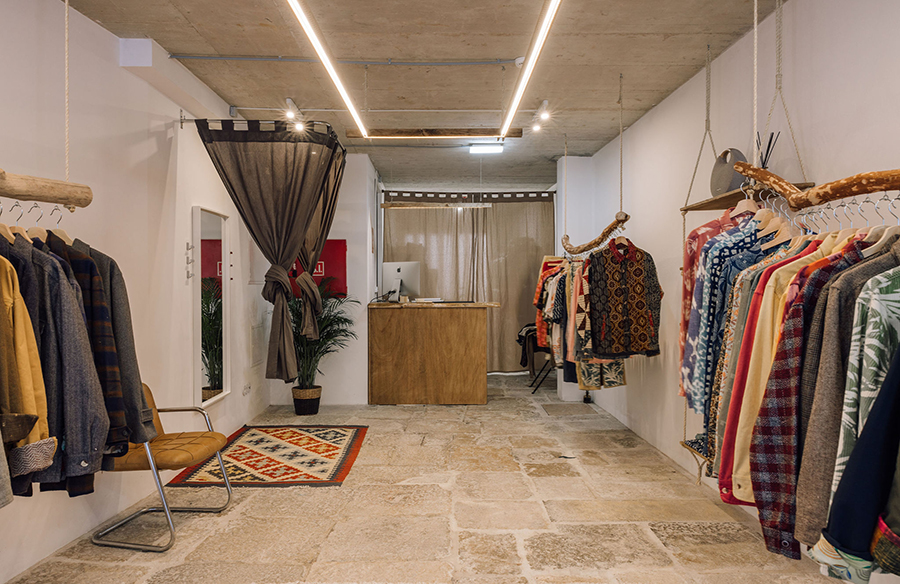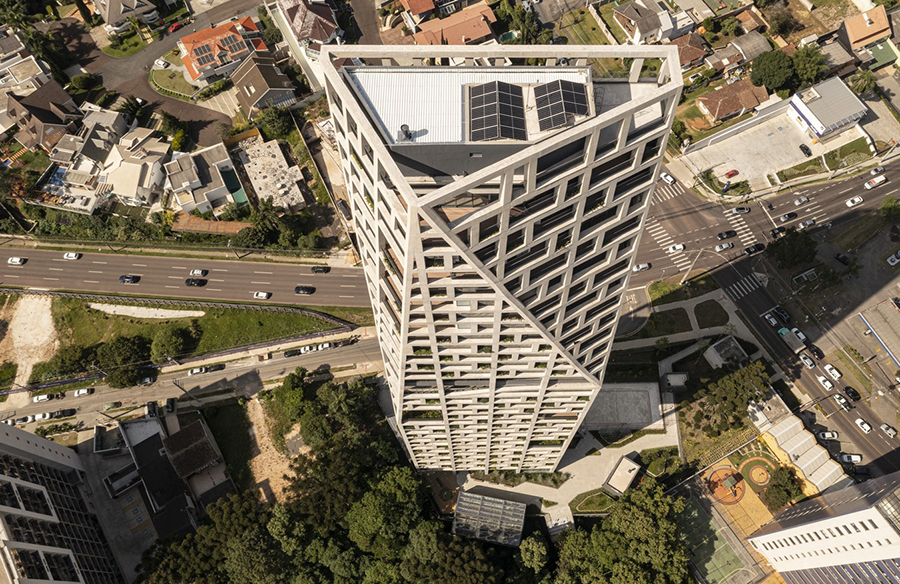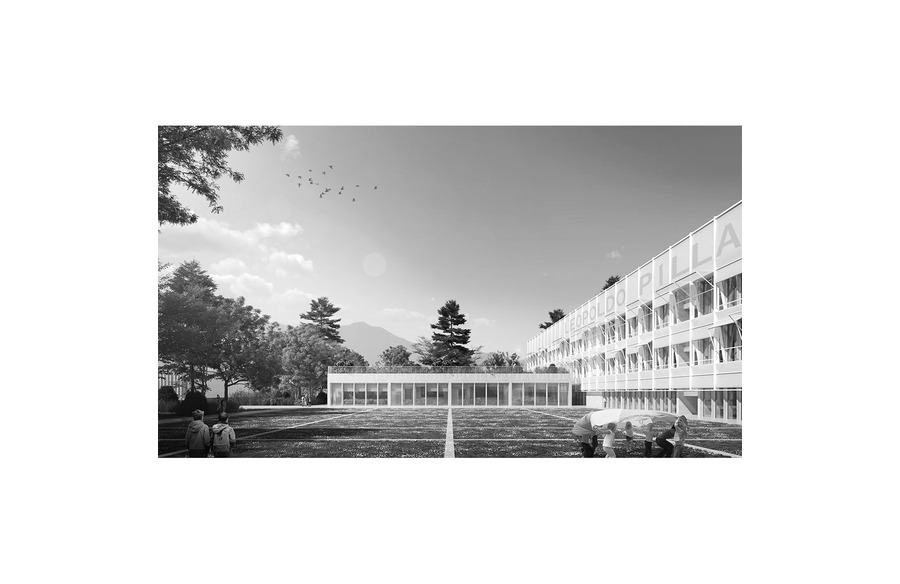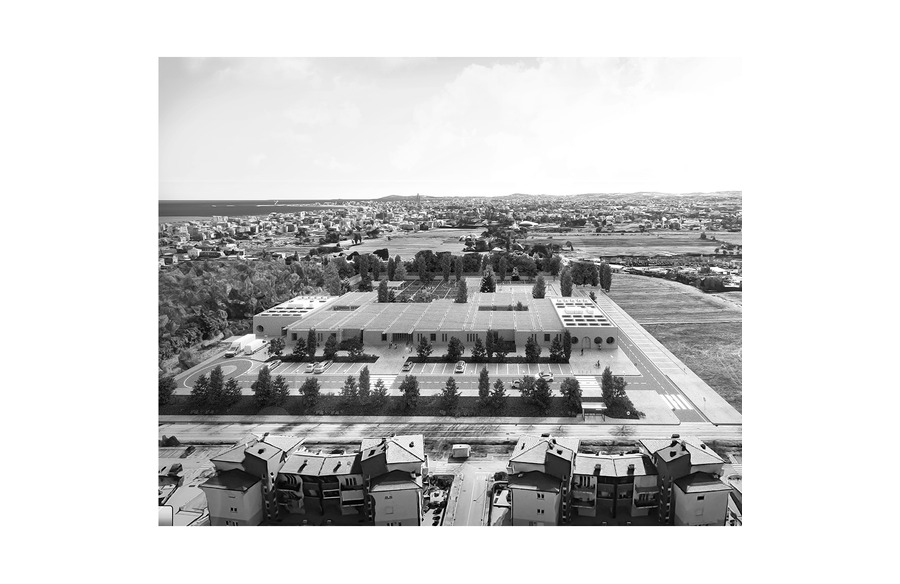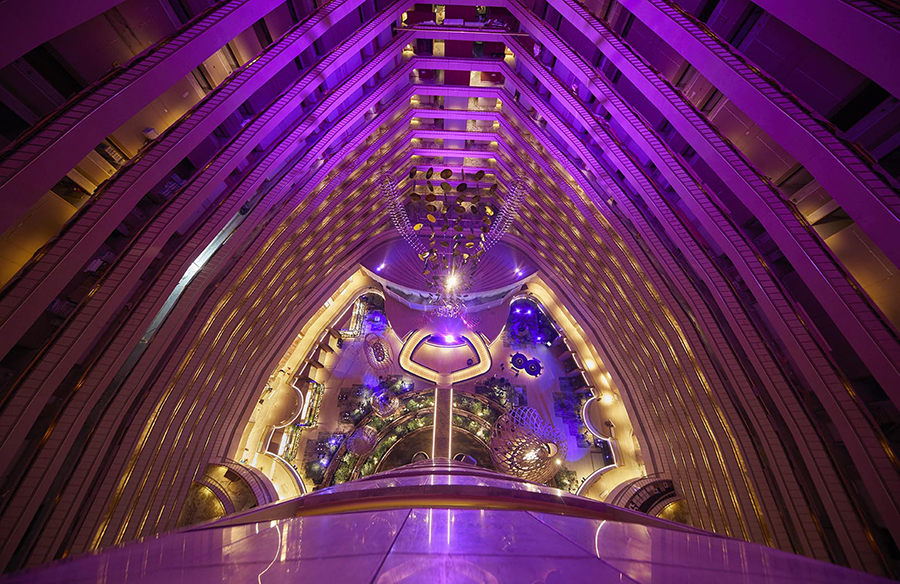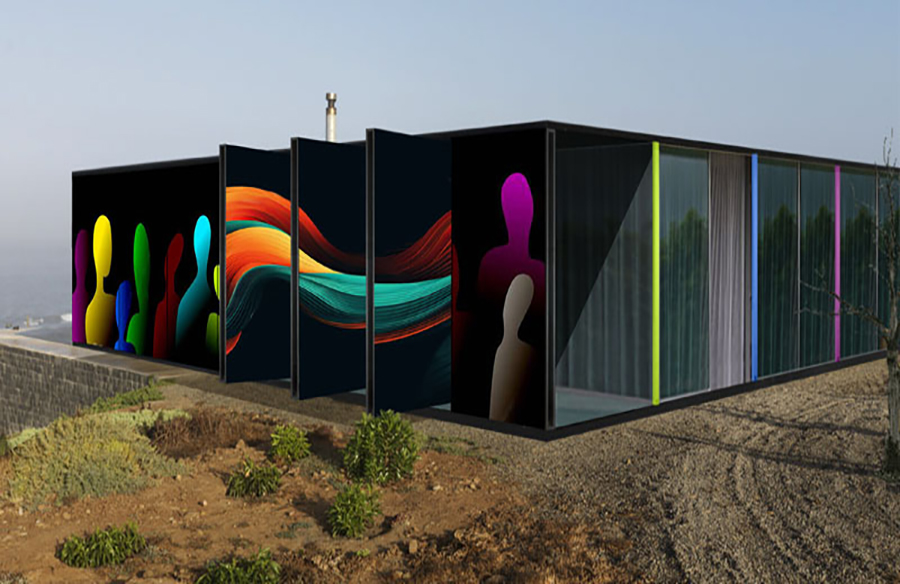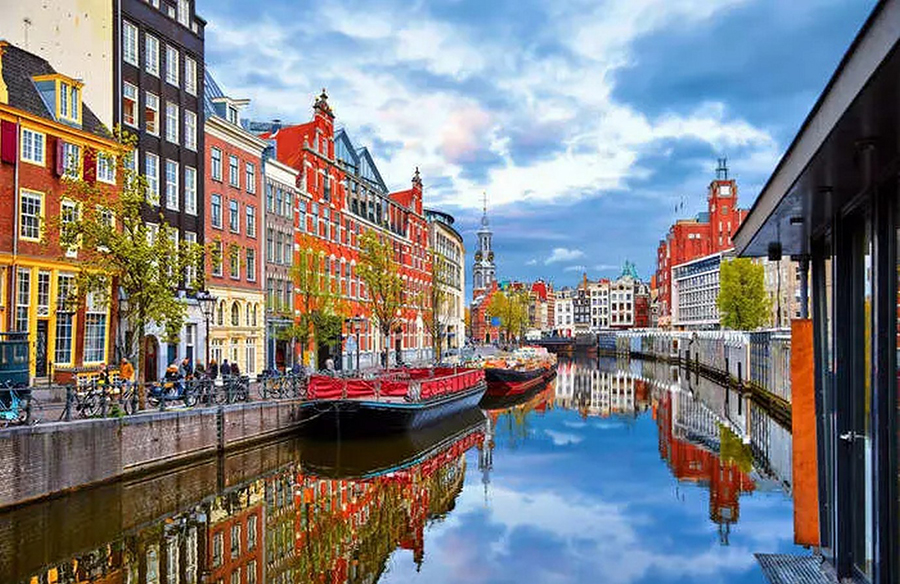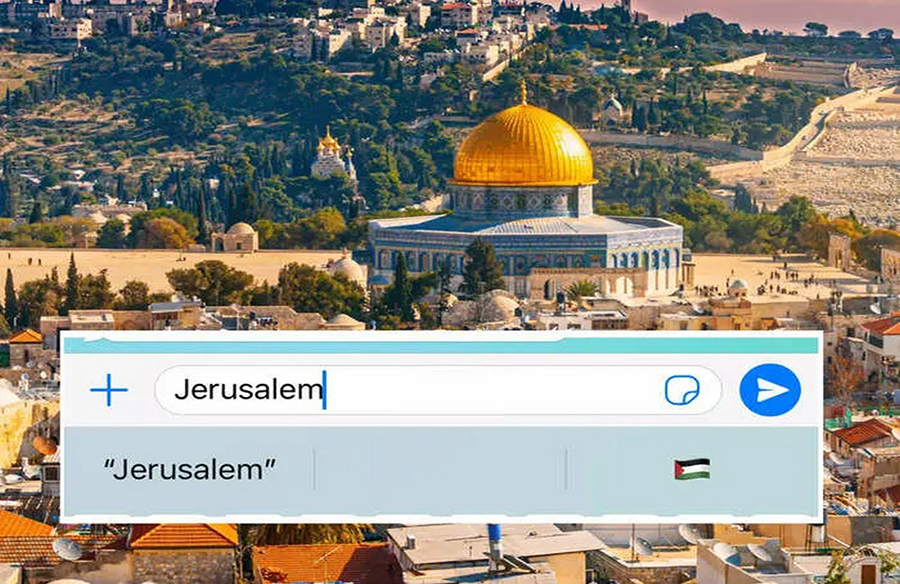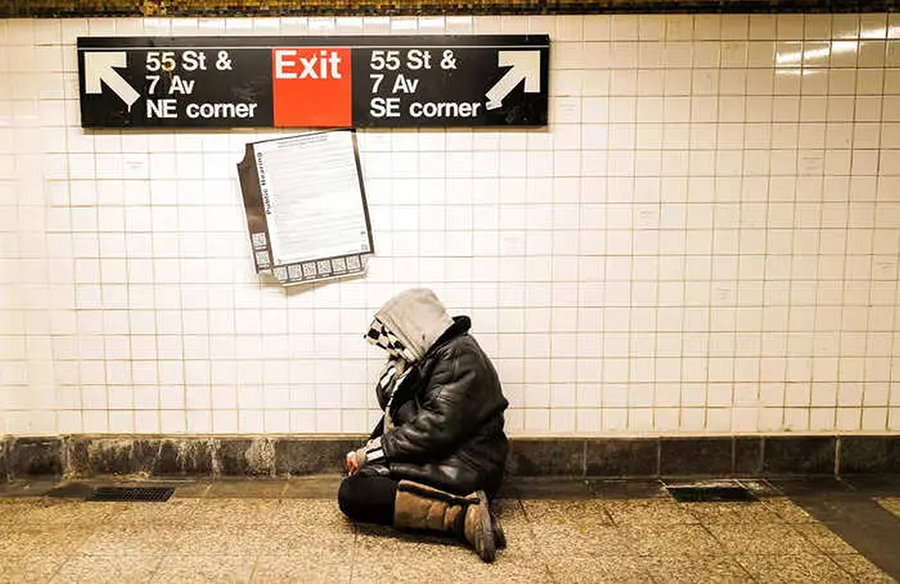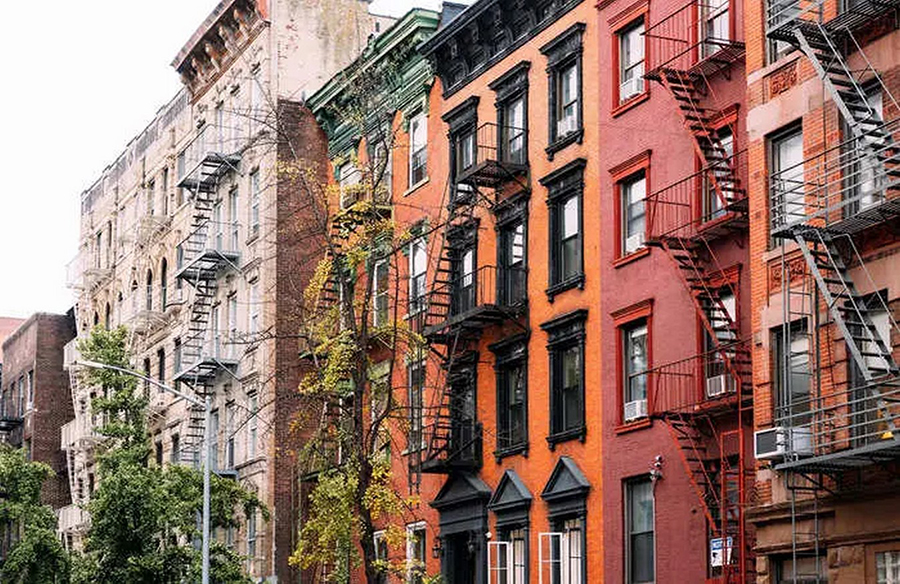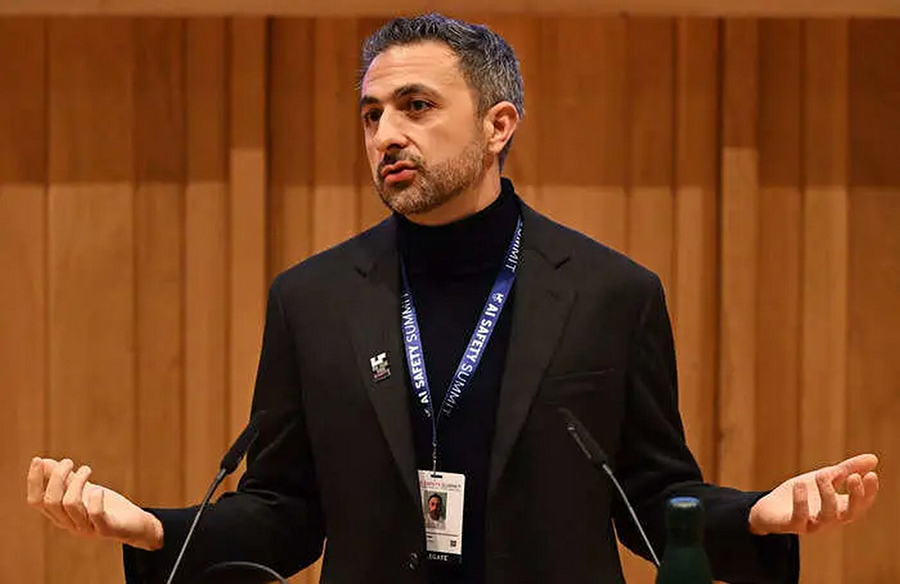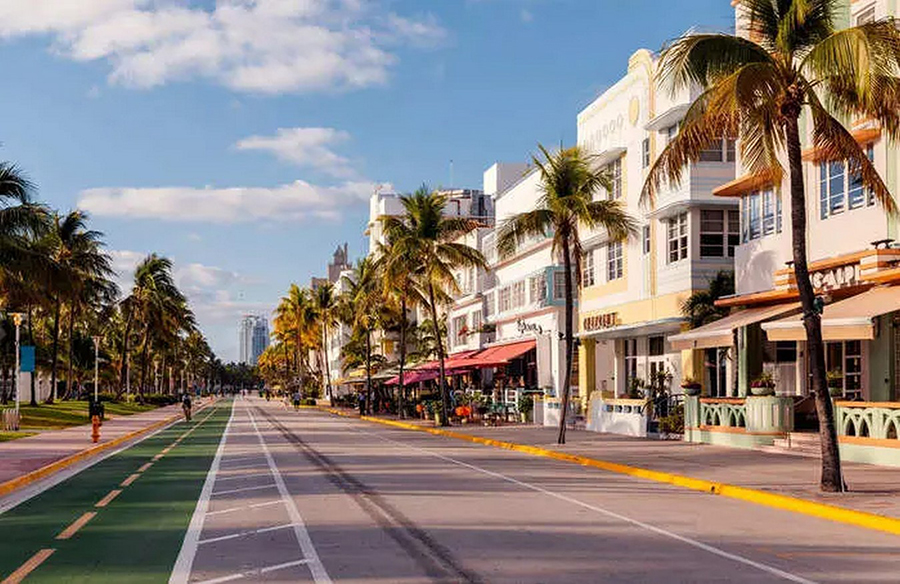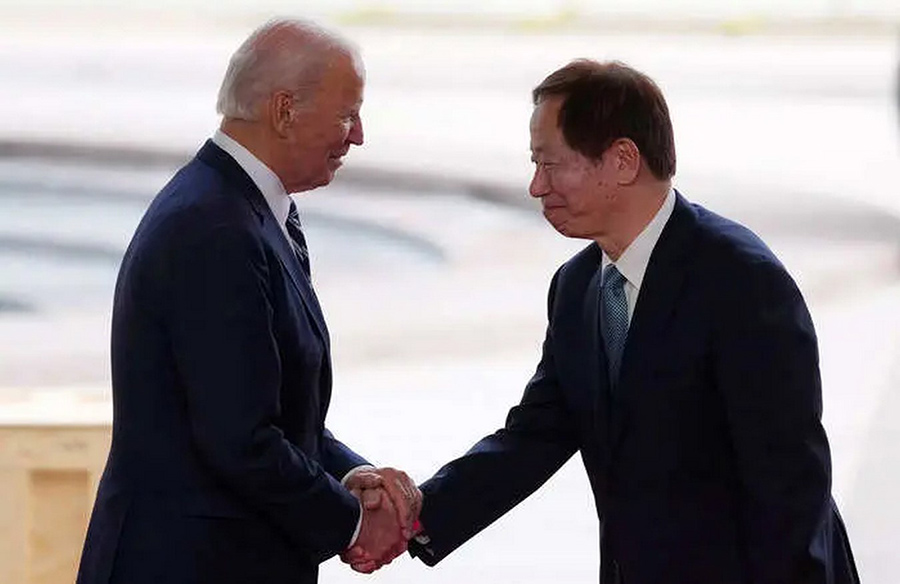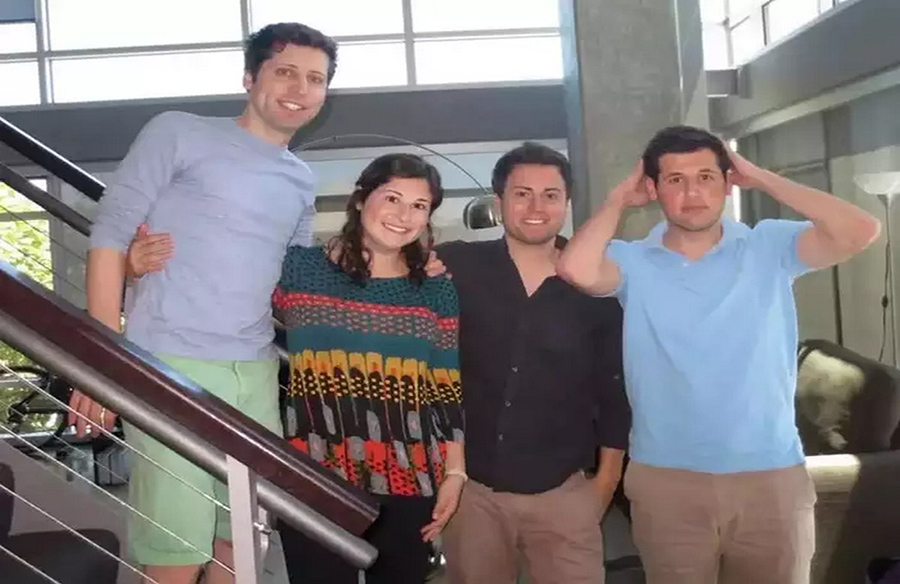Retail, Real Estate, and Religion: Spiritual Tourism on the Rise

The convergence of retail, real estate, and religion is reshaping India’s spiritual landscape, with key religious centers becoming vibrant hubs for retail and hospitality ventures.
Retail Expansion in Religious Centers
Retail chains are expanding their presence in significant pilgrimage destinations across India. From Spykar in Somnath to FabIndia in Shirdi, and Blackberrys in Bodh Gaya to Zudio in Varanasi, various retail brands are establishing outlets in these spiritual hotspots. Even food and beverage chains like Domino’s, KFC, and Burger King are venturing into isolated religious sites like Puri, Katra, and Ajmer.
Urban Spiritual Tourism
A shift in tourist preferences towards transformative experiences has fueled the rise of urban spiritual tourism. Travellers are increasingly drawn to cities renowned for their religious and spiritual significance, seeking immersive experiences beyond traditional rituals. Cities such as Amritsar, Ajmer, Varanasi, Katra, and others are witnessing this retail boom, catering to the evolving demands of spiritual tourists.
Integration of Local Practices
Local governments and businesses are collaborating to create unique retail experiences, integrating indigenous practices into the design and offerings of shops, restaurants, and hotels. Cities like Amritsar, Varanasi, Madurai, and Guruvayur are leveraging their culinary traditions and local fashion expertise to offer tourists a holistic experience beyond spirituality.
Infrastructure Development
Despite existing infrastructural challenges, popular religious centers in India attract millions of tourists annually. Governments at both state and central levels are investing in infrastructure upgrades, including improved roads, airports, and public transportation. The development of hotels, guesthouses, and wellness centers aims to enhance the comfort and convenience of spiritual tourists.
Growth Drivers
The rapid expansion of spiritual tourism is driving growth in India’s faith-based tourism market. Government initiatives to promote tourism and improve connectivity between pilgrimage sites are further bolstering this trend. The rise of online retail platforms offering access to faith-based products and services is also contributing to the growth of this market.
Hospitality Adaptation
High-end hospitality brands are entering these cities, offering boutique and experiential hotels tailored for spiritual seekers. Major hotel chains are adapting to evolving preferences, providing clean, hygienic, and family-friendly accommodations that command premium pricing. Branded hotels are emerging as key players, blending comfort with traditional hospitality to cater to the needs of spiritual tourists.
In conclusion, the synergy between retail, real estate, and religion is reshaping India’s spiritual tourism landscape, offering travellers immersive experiences and contributing to the economic growth of pilgrimage destinations.


 English
English 